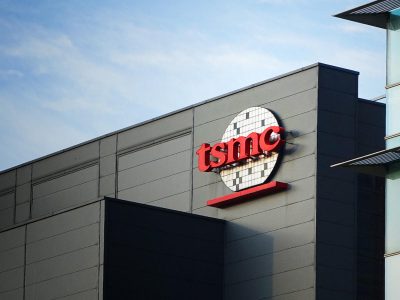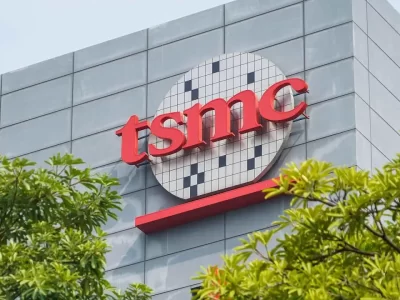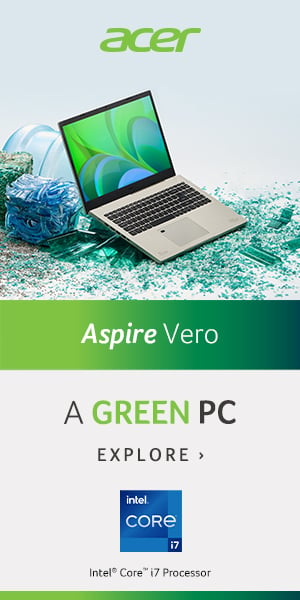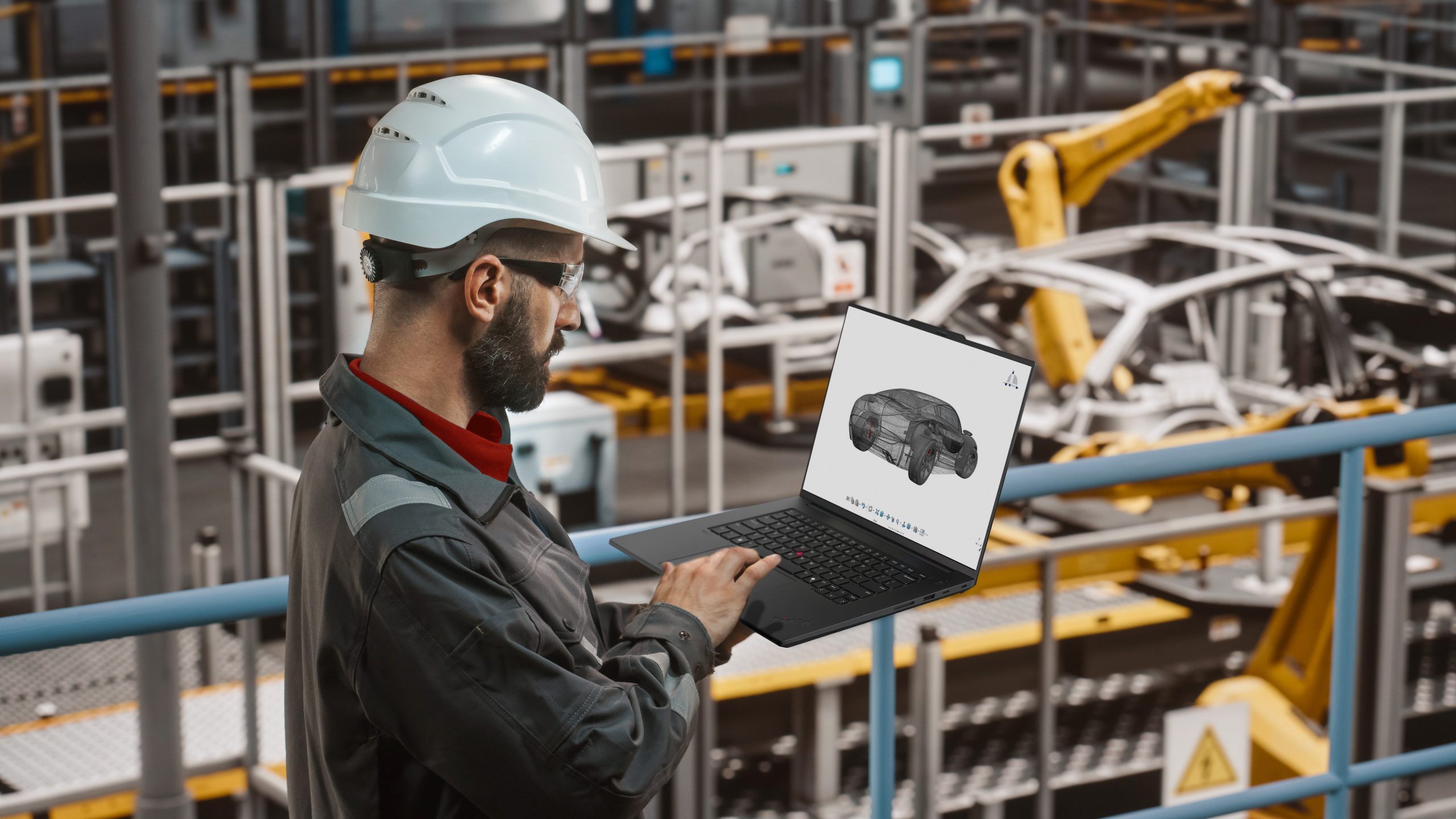According to TSMC, chipmakers may have reported a quarterly profit drop, but the company says 2024 could be ‘healthy’ and the company’s founder Morris Chang says competition will only grow.
Analysts predict the chip industry slump will follow its natural downward progression, but TSMC’s CEO C.C. Wei asserts that demand for PCs and smartphones has begun to “stabilise” after a sustained dip regardless of continuing macroeconomic uncertainties.
Wie did say, however, that it was “too early to call a sharp rebound.”
Despite the stabilisation of other segments, Wie did add that automotive-related chips have begun to slow but he thinks they are possibly going to rebound in 2024.
A sharp decline in global smartphone shipments, from 1.4 billion to 1.1 billion a year, has caused some chip technologies to suffer from low utilization rates. However, artificial intelligence and high-performance computing have shown strong demand, which he believes will persist in 2024 and 2025.
With all this in mind, Wei said his company expects “healthy growth” next year.

According to TSMC’s initial review, the influence of new U.S. export controls will be “limited and manageable, at least for the short term,” the CEO declared. “But for the long term, the company is still evaluating what the consequences are.”
Recently, the U.S. government tightened up its export controls affecting TSMC’s major clients such as Nvidia and Advanced Micro Devices. The new rules further restrict the shipments of advanced AI chips to China, including Nvidia’s high-end graphics processing chipsets like the H100 and A100, which are widely utilised for AI chatbots such as ChatGPT.

Warrington, cheshire UK – ChatGPT logo on smartphone in jeans pocket.
This move by the U.S. government is the latest in trying to limit China’s access to global advanced production capacity, which could affect TSMC’s business with some smaller Chinese chip designers who are trying to create their own powerful graphics processors.
Wei also spoke about the competition with Intel, another important customer of TSMC, saying the leading U.S. chipmaker has strategized to grow its efforts to enter contract chipmaking, or foundry business, due to countries around the world seeking to localize semiconductor production.
Wei said Intel’s 18A node, which the U.S. chipmaker desires to use to draw customers, is similar to TSMC’s N3P process, an improved version of its current 3-nanometer process that Apple used for the mobile processors of its iPhone 15 Pro series. Intel says its node 18A will start production before the end of 2024.
“We do not underestimate any of our competitors,” said Wei, but emphasised TSMC’s tech advantages with, “earlier time to market, better technology maturity, and much better cost.”
As for the company’s profits, TSMC reported a 24.8% dip in net profit to NT$211 billion ($6.6 billion) for the third quarter, while revenue fell 10.8% to NT$546.73 billion. Its gross margin was 54.3%, much lower than the 60.4% it recorded a year ago.
The company forecasted that its revenue for the fourth quarter will range from $18.8 billion to $19.6 billion, which is 3.6% inferior than 2022 at the midpoint but still higher than market expectations.
TSMC is estimated to return to growth in 2024 and 2025, partially due to manufacturing chips for Intel, said Mark Li, an analyst with Bernstein Research.











































